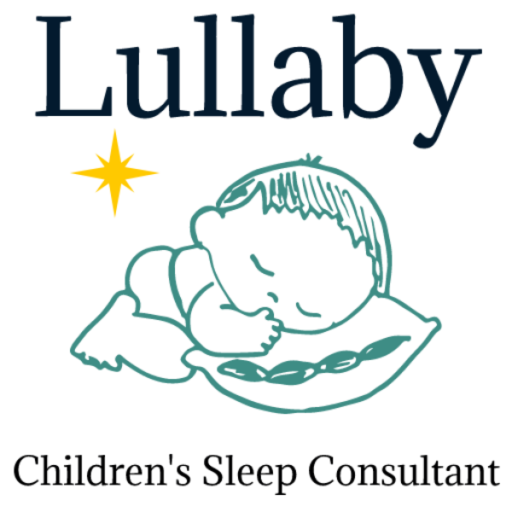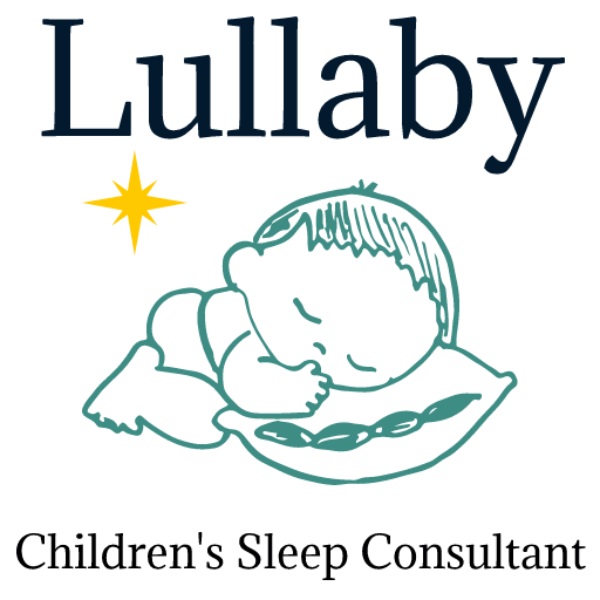 Sleep training 6 months
Sleep training 6 months
Parents look forward to that brand-new feeling of bringing a baby home; having that feeling of renewed hope, having such a precious being starting to begin a life with his/her new family and home. However, when wrapped up in this euphoric state, and for new parents especially, things can be overlooked like the sleeping patterns of a baby. It is very typical for babies to sleep a lot, up to 16 or 17 hours a day. But most babies do not stay asleep for more than two to four hours at a time, day or night, during the first few weeks of life. The result? Lots of sleep for your baby and a very irregular – and tiring – schedule for you. As a new parent, you will probably be up several times during the night to change, feed, and comfort your baby. This is where I come in as a baby sleep consultant; I use different methods to help lay the foundation for sleep training and to help you and your baby sleep better.
Sleep training is basically teaching your baby how to settle and self-soothe him/herself to sleep on their own. Once your baby can do this, he/she is more likely to sleep through the night. Some babies learn this easily, but with others, some need more help when it comes to mastering the art of drifting off. There are different approaches one can take to sleep train. Whichever one you choose is up to you, however, please keep in mind that it is not recommended to start sleep training if your baby is unwell, as it is unlikely to work for either of you. If your baby has special needs, it is very important to talk to your health visitor or general practitioner before trying sleep training.
Although I am a baby sleeping consultant for children up to the toddler stage, I always advise parents that sleep training your baby at 6 months of age is ideal. This is because it is at this stage that they are integrating solids, which means most of babies won’t need as much calories at night. It may take a few weeks to get there, but at 6 months we can slowly start to shift the feeding schedule. Once they start to eat more and more during the day, they are able to go for longer periods of time without eating at night, and it is at this time that we can then focus on teaching them how to fall asleep without your help.
Most families have tried sleep training and failed because there are some common sleep training mistakes that parents make. One mistake is to start sleep training at the wrong time. Infants develop the ability to self soothe between the ages of 4-6 months of age. To be safe, being the owner of a Lullaby Sleep Consultant, I usually recommend sleep training 6 months of age, but you can start to lay the foundation within the 4-6 month age window. Before four months, you need to follow your child’s cues and making sure they are growing as they should and providing them secure attachment. To ask me a question about sleep training 6 months, please click here.
All parents want the success of sleep training, so I strongly suggest following these two easy tips before starting the training. You can visit my website for more sleep training tips.
1) Make sure to establish your sleeping goals.
Have realistic expectations and write them down in a sleep journal and review them from time to time. Hoping that your baby stops feeding at night within a few days when they have been nursing or bottle-feeding 4-6 times a night may not be realistic, although it is absolutely possible for some children. The time it takes for changes to occur depends on the temperament your child possesses, your lifestyle, along with your consistency with the program.
2) Get other family members involved.
It is important to enroll every caretaker and member of the family when it comes to this process. Why I always suggest this, is that everyone who will be involved in your child’s life and his/her sleeping process, should be on the same page, and should also know the necessary steps to help your baby sleep. Remember, consistency is key, and you need to have everyone taking the same actions.
Establishing healthy sleeping habits for your baby is very crucial but does not need to be a difficult process. Sleep training can be a simple process which is very rewarding at the end. Sleep training 6 months of age, as mentioned prior, is an ideal age. Prior to that, babies do not have the ability to organize their own days and nights into predictable rhythms, but they have the innate need to do so. This is why parents must take the lead when it comes to creating structure and routine for their babies and themselves. It should be noted that sleep is essential for your baby’s health and development and cannot be under appreciated. Baby sleep problems have been linked to emotional and behavioral problems, accidental injuries, and general irritability in babies. Benefits include a baby with a happier and lighter mood, less fussiness and irritability. Not to mention more quality time with your baby due to improvement in your own mood and energy level.
I have been trained as a baby sleep consultant, and due to taking pride in what I do, I am highly passionate about creating a wonderful experience and bond between babies and their parents/caregivers/guardians through the work being done in my sleep practice. Sleep training 6 months to the toddler age is totally possible! I do know that these moments are to be treasured and the goal of sleep training is that both babies and parents are relaxed and their lives are improved through healthy sleep patterns.
When your baby is rested, YOU are rested. You are a better parent and you are more patient and creative. Give sleep training a try, and within a few days and consistency, you will see progress!
We are very proud of our happy parents testimonials and our Google and Yelp reviews. Make sure to check those out. You will see that we deliver happy baby sleeping results.
As Always, Sleeping Babies = Happy Families
Much Love,
Eve

